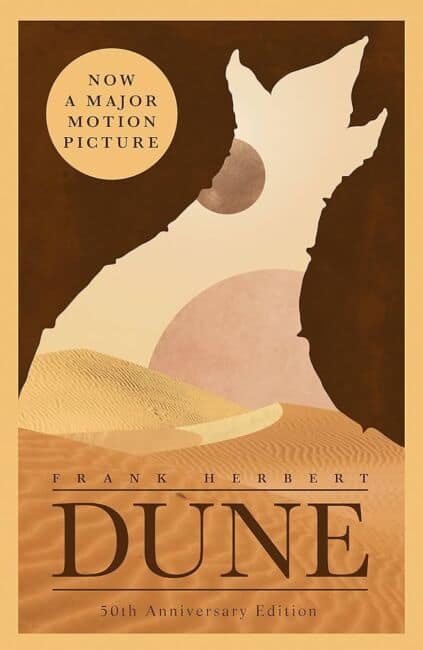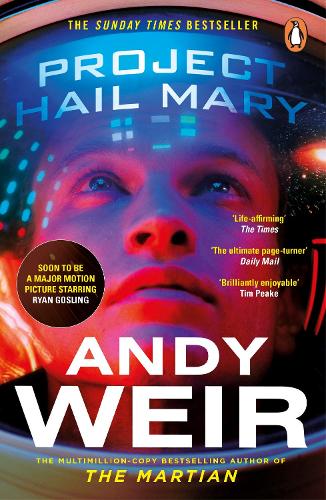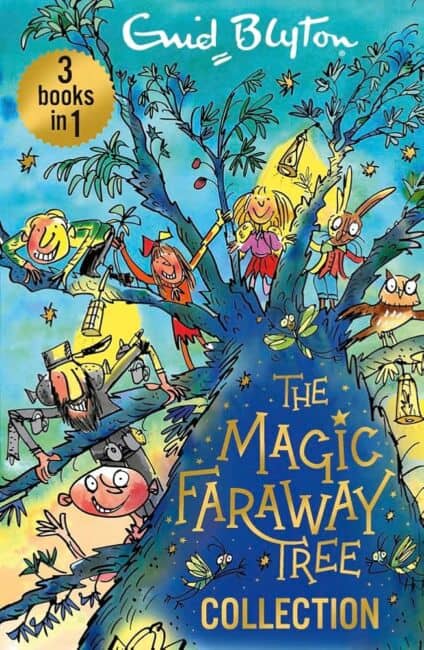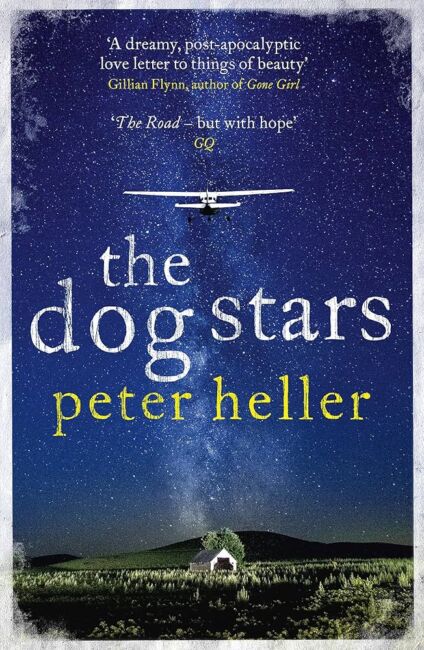Dune
Frank Herbert
There are a few, rare works of fiction which leave undeniable and lasting tracks across entire genres. Some even define that very genre to begin with, and imprint themselves upon its lexicon — so much so that every book that comes after owes its existence to that work. Dune is most certainly one of those books.
The face of science fiction was forever changed with the release of this 1965 epic. As a grim, sprawling odyssey which touches heavily on religion, politics, and the esoteric, peppered with painfully detailed science fiction and wildly bizarre concepts, it cannot be understated how influential this book has been on the likes of Star Wars, Avatar, and even non-science fiction such as Game of Thrones.
It has been described as “Lawrence of Arabia in space”; with its story focusing on a native population, clearly inspired by the Bedouin with words directly in the Arabic language and concepts taken from Islamic eschatology, rebelling against an imperialist power. It reflects a kind of past where people fought to survive and questions messianism as a kind of serious version of “Life of Brian” where everything the main character does is considered prophetic. Yet, it also remains grounded in the contemporary, a product of the Age of Aquarius which delves into environmental disaster, the mastery of human development and potential, and altered states of consciousness.
I dislike DUNE with some intensity, and in that unfortunate case it is much the best and fairest to another author to keep silent and refuse to comment
- J.R.R. Tolkien, 1966, unpublished letter to John Bush
Dune certainly has its detractors, JRR Tolkien being one of them, although we will never know for sure why he disliked it so intensely. There are plenty of people who love both Dune and The Lord of the Rings as works considered pinnacles of their genres. Similarly, both were declared unadaptable and have since found success on the screen. Although it took Dune some time, with the panned (although resurgent) 1984 film from David Lynch.
Perhaps the problem with Dune comes from its more esoteric elements. It can be hard to get into for people who don’t like to be bombarded with fantastical terminology. Right off the bat, the reader is introduced to terms such as Bene Gesserit and Kwisatz Haderach which hardly roll off the tongue. Paul, the main character, has an oddly common name in this world filled with people such as Irulan and Gaius Helen Mohiam, then throw in a Duncan Idaho into the mix, and it can create a bit of a comical disconnect. The book is also repetitive, and spends too long fixated on the same world-building elements and concepts. And sand, lots and lots of sand.
However, as a story about revenge, rising from the ashes, destiny and politics – it is a masterpiece. If the reader can find their footing in this rather sporadic and intense setting, they will be treated to a story of blood, betrayal and the battle against all odds. There is humanity hidden beneath the layers of protocol and ceremony, there is desperation encoded within the determined language, there is crushing fear written within the rage and hatred. It is a book of layers, which sails on through rough surfaces much like the great sandworms themselves – perhaps the most iconic part of the story.
When law and duty are one, united by religion, you never become fully conscious, fully aware of yourself. You are always a little less than an individual
- Frank Herbert, Dune
Paul Atreides is our main hero. He is young, handsome and destined for greatness from the very start. An early scene, tense and telling, tests his resolve as he places his hand into a box and feels unspeakable pain. If he pulls his hand away, he will die at the hands of the Reverend Mother Gaius Helen Mohiam. She is testing him, because he has the potential to be Kwisatz Haderach, essentially a genetically perfect superhuman. It is an iconic scene, portrayed perfectly in the 2021 film by Timothée Chalamet.
Of course, Paul passes the test, and it is revealed his family, the Atreides, are set to inherit the planet of Arrakis, a horrible desert where melange or ‘spice’ is mined. It is extremely lucrative because it is what allows all interstellar travel and communication to happen and is dangerous, not only because of the native Fremen who raid the mining machines (Crawlers) but also because of the giant sandworms that, as the name suggests, swim in the sand and are attracted to the movement of the machines, swallowing them whole.
The family who just lost Arrakis are the Harkonnens, who are inherently evil. There’s no beating around the bush there, Baron Harkonnen is a hugely overweight, bitter, murderous paederast who is lifted by anti-gravity suspenders in order to support his huge frame. The Harkonnens are the sworn enemies of the Atreides and, surprise surprise, aren’t happy about losing their position. They have conspired against the Atreides and eventually, through a traitor in the family’s ranks, overrun and kill the Duke Leto (Paul’s father), most of the household and loyal guards, and exile Paul, his mother Jessica, Duncan Idaho and a few others.
What results is Paul finding a place among the Fremen and becoming a messiah to them, known as Muad’dib. Everything he does is seen as prophetic by the Fremen, who run away with this idea far beyond Paul’s ability to contain it or control it; he is what the Fremen say he is, and his visions of a bloody, war-filled destiny – a space genocide, essentially – make him try and wrestle away from the gathering landslide of religious zeal.
Before The Matrix, before Star Wars, before Ender's Game and Neuromancer, there was Dune: winner of the prestigious Hugo and Nebula awards, and widely considered one of the greatest science fiction novels ever written
- Waterstones
Paul rides a sandworm, Paul unites the Fremen, Paul finds love with Chani, Paul storms the capital he was exiled from and, yes, Paul wins in the end. But that’s not really the most important part of all this, because the heart of the book (And later emphasised by Dune: Messiah and the subsequent novels) is that absolute power corrupts absolutely.
‘Dune’ is a story about destiny, but it can be read as a standalone without committing to the many sequels. As a book in its own right it is a whirlwind of concepts from the baffling to the profound, and it sits within a rich world full of iconic plot devices and themes. It is hard to say exactly what kind of audience would love or hate this important work, because you may surprise yourself. Regardless of what you’re normally into, what you usually read, what you typically enjoy – ‘Dune’ could touch you so deeply it changes the way you see the world, or, you may just struggle to get past the first chapter. You simply cannot know until you pick it up.
Who is Frank Herbert?
Herbert was born on the 8th of October, 1920 and had quite the eclectic mix of skills and professions. He was a newspaper journalist, short story writer, photographer, book reviewer, lecturer, and ecological consultant. In fact, it was through his ecological work that he was inspired to write his most famous work, Dune in 1965. Herbert passed away in 1986 at the age of 65 before he could finish the Dune series and thus was left incomplete and lingering on an open final note.
Other books by Frank Herbert
If you enjoy reading Dune then you might enjoy reading the subsequent books by Frank Herbert. Dune Messiah follows Paul after the events of Dune, but Children of Dune, God Emperor of Dune, Dune Heretics and Dune Chapterhouse follow Paul’s children and span over a millennia in the world’s time.
Messiah definitely adds a lot of flavour to the original book, and Children of Dune opens up and transforms the world into a new era. Plenty of fans have their favourites. If you want mind-bending concepts, rich worlds and complex characters then the original Herbert series is a gripping and intoxicating odyssey.
Want to read more?
Keen to read Dune? Why not browse the books we’ve reviewed in similar genres like Fantasy or wider Fiction? In the meantime, keep up-to-date on the latest reviews and literary advice by visiting our latest reviews page and, of course, the Victoria Freudenheim blog.




